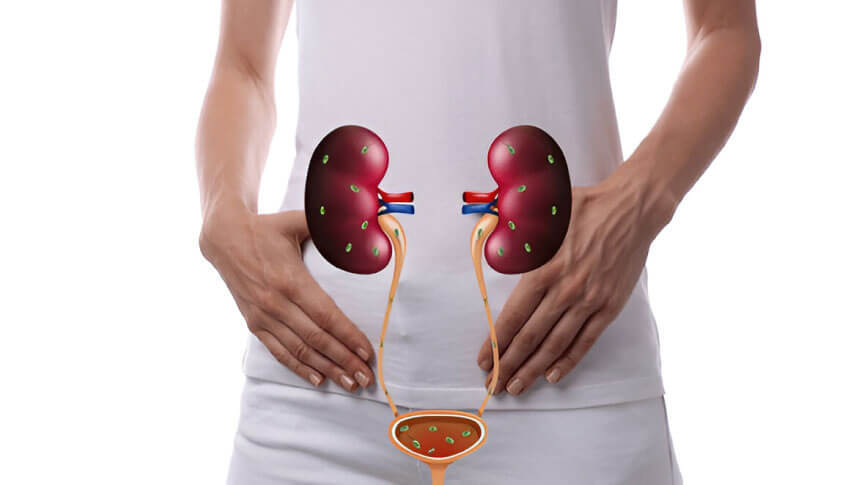
Urinary tract infections (UTIs) are common and can cause pain, burning, and frequent urges to pee. They affect the bladder, urethra, or kidneys. If you’re looking for gentle support and relief, visit our DOXXES store on North Freeway / Little York to explore pelvic-health products designed with comfort in mind.
What Is a UTI?
A UTI happens when bacteria get into the urinary system. This includes the urethra, bladder, and sometimes the kidneys.
- Bladder infections (cystitis) are most common
- Kidney infections (pyelonephritis) are more serious
- Post-surgical or catheter-related infections may follow procedures
Why Do UTIs Happen?
Emotional/mental factors:
- Stress or anxiety can weaken your immune system
- Past trauma may affect hygiene or comfort seeking care
- Relationship tension can make support harder to ask for
Physical causes:
- Bacteria (especially E. coli from the digestive tract)
- Hormonal changes during menopause or pregnancy
- Weak pelvic floor muscles or anatomical changes
- Not drinking enough water or using catheters
Usually, a mix of these causes leads to infection.
Real-Life Examples and Triggers
Common symptoms:
- Burning when you pee
- Feeling like you need to go, even after just going
- Cloudy or smelly urine
- Pain in the lower back or belly
How to spot triggers:
- Track symptoms during your cycle or after intimacy
- Look at water intake, hygiene routines, and stress levels
- Try different lubricants or positions to avoid irritation
Who Gets UTIs?
Anyone can get a UTI, but they’re more common in:
- Women, because of a shorter urethra
- Men, especially if they have prostate problems
- Menopausal women, due to lower estrogen
- Trans and nonbinary people, who may face changes from hormones or surgery
UTIs can hurt your confidence and affect relationships. Knowing who’s at risk helps with faster care.
How a Sex Therapist Can Help
- Reviewing your history to find triggers like “painful abdomen after intercourse”
- Supporting your emotional health if past trauma or anxiety is involved
- Suggesting safe, healing routines and habits
How to Treat and Cope with UTIs
Medical treatment:
- Antibiotics are the main solution
- Ask your provider about side effects or alternatives
Natural relief:
- Drink more water
- Use cranberry supplements or probiotics
- Take warm baths for comfort
Lifestyle tips:
- Pee after sex
- Wipe front to back
- Eat yogurt and vitamin C-rich foods
Therapy support:
- Counseling can help reduce stress, improve habits, and ease emotional discomfort

How DOXXES.LOVE Can Help
At Doxxes.love, we offer gentle, wellness-focused products like:
- Water-based lubricants
- Pelvic floor exercisers
- Prostate massagers
- Vibrators for relaxation and blood flow
All items include simple instructions. Using them along with medical care can support faster recovery and comfort.
Talking About UTIs with Others
- Say how you feel: “I’m frustrated this keeps happening.”
- Avoid blame—use “I” statements
- Talk privately and calmly
- Learn together as a couple
- Seek help early if it’s affecting your well-being
Visit DOXXES on North Freeway / Little York
Our store is warm, private, and judgment-free. Stop by for expert product advice, browse comfort items, and ask questions freely. We’re here to help.
Conclusion
UTIs are common, but you don’t have to face them alone. With smart habits, trusted treatments, and helpful tools, you can feel better and stay well. Visit DOXXES to find pelvic-health products and personalized support.
FAQs
- What is a urinary tract infection (UTI)?
A UTI is a bacterial infection of the bladder, urethra, or kidneys. - Can I get tested and treated at North Freeway / Little York?
Yes! We offer same-day testing and treatment for UTIs. - What are common UTI symptoms?
Burning when peeing, pelvic pain, cloudy or smelly urine, and constant urges to urinate. - What causes UTIs?
Bacteria entering the urethra, poor hygiene, low hydration, or sexual activity. - Are women more likely to get UTIs?
Yes—especially after sex, during menopause, or with weak pelvic muscles. - Can men get UTIs too?
Yes, especially if they have prostate issues or use catheters. - Are UTIs contagious?
No, but sex can increase the risk of bacteria spreading. - How are UTIs treated?
Usually with antibiotics. Pain relief and water intake also help. - Can I prevent UTIs?
Yes—pee after sex, stay hydrated, and use gentle products. - Do you offer follow-up care?
Yes. We support long-term care, lifestyle tips, and specialist referrals if needed.
